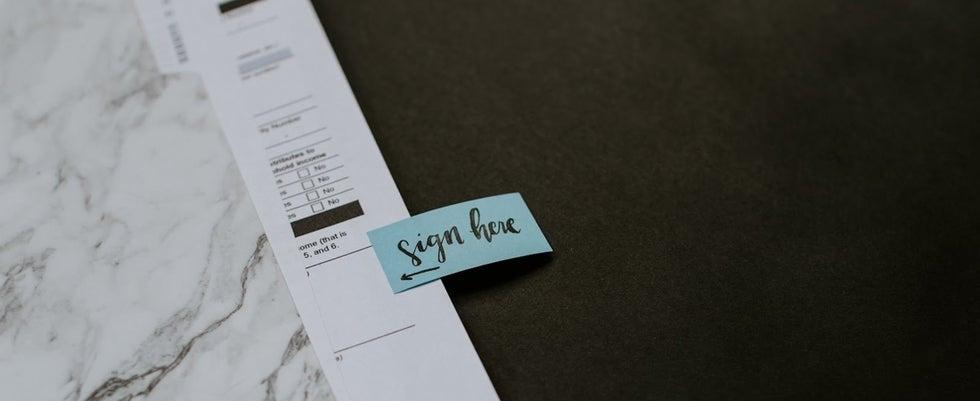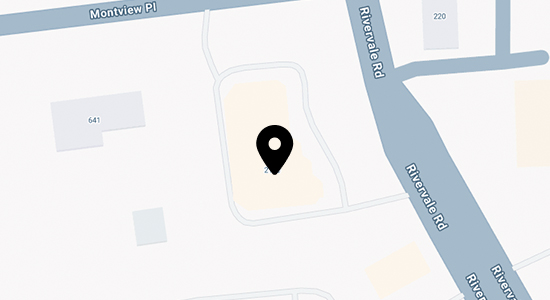- Contact Us Now: (201) 494-2800 Tap Here To Call Us
The Ins and Outs of Residential Real Estate Contracts: A Guide for Buyers and Sellers

Residential real estate contracts are an essential part of the home buying and selling process. These contracts outline the terms and conditions of the transaction, including the purchase price, closing date, and any contingencies or conditions that must be met before the sale is finalized.
As a buyer or seller, it’s important to understand the ins and outs of residential real estate contracts to ensure that you’re making a fair and informed decision. Here are some key things to keep in mind when reviewing a real estate contract:
1. Purchase price: This is the agreed-upon price for the property. It’s important to make sure that the purchase price is fair and reasonable, and that it accurately reflects the current market value of the property.
2. Closing date: The closing date is the day when the sale is finalized, and the buyer takes ownership of the property. This date should be included in the contract, and it’s important to make sure that it’s reasonable and allows enough time for any contingencies to be met.
3. Contingencies: Contingencies are conditions that must be met before the sale is finalized. For example, a buyer may include a contingency that the property passes a home inspection, or that they are able to obtain financing. It’s important to carefully review any contingencies and make sure that they are reasonable and achievable.
4. Inspection: Many contracts include a provision for a home inspection, which is a thorough evaluation of the property’s condition. This is an important step, as it allows the buyer to identify any potential issues with the property and negotiate with the seller to address them.
5. Financing: If the buyer is obtaining a mortgage to finance the purchase, the contract should include details about the financing, including the lender and the loan terms. It’s important to make sure that the financing is in place and that the buyer is able to meet the terms of the loan before the sale is finalized.
6. Escrow: Escrow is a third-party service that holds the funds for the sale until all conditions of the contract have been met. This ensures that the buyer’s funds are protected and that the seller receives the payment as agreed upon.
Overall, residential real estate contracts are an important part of the home buying and selling process. By understanding the ins and outs of these contracts, buyers and sellers can make informed decisions and avoid potential pitfalls. If you have any questions or concerns about a real estate contract, it’s always a good idea to consult with a real estate attorney. Contact Joseph DiPiazza, Esq. at (201) 494-2800 to discuss any questions you may have.


